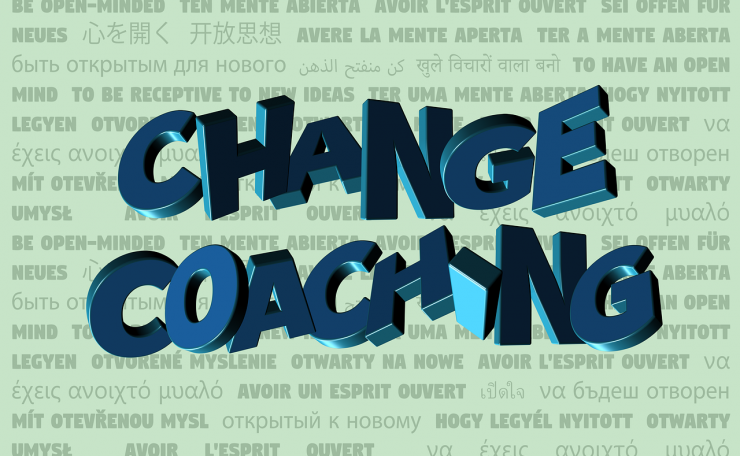“He who knows others – is wise; he who knows himself – is enlightened.” — Lao Tzu
When Aarav, a 32-year-old senior marketing manager in a fast-growing tech firm, reached out to an Executive Coach, he wasn’t in crisis — but he was stuck. (name changed for purposes of confidentiality).
He was technically sound, hard-working, and quietly ambitious. Yet despite years of loyalty and good work, Aarav found himself being passed over for key leadership roles. He watched peers with less experience move up faster. In meetings, his ideas rarely gained traction. In feedback cycles, words like “reserved,” “uncertain,” and “needs to be more visible” kept surfacing.
Aarav didn’t need a training course. He needed a shift in how he saw himself — and how he showed up.
The Coaching Journey
In the first sessions, Aarav admitted he avoided conflict and rarely voiced disagreement, fearing he’d be perceived as difficult. He struggled to say “no,” hesitated to present bold ideas, and was often overwhelmed by self-doubt in high-stakes settings. His emotional responses — anxiety, frustration, disappointment — were bottled up, rarely examined, and slowly corroding his confidence.
That’s where the real coaching work began.
Using principles from Emotional Intelligence by Daniel Goleman, the Coach started building his self-awareness. He began noticing the emotional triggers that shut him down. He practiced naming what he felt — without judgment — and learned how to channel discomfort into insight.
He then worked on self-regulation: how to stay calm and grounded in tough meetings, how to pause before reacting, and how to communicate assertively without aggression. Slowly, he began replacing silence with presence.
After just 8 coaching sessions, over the course of a month, he began reconnected with his deeper purpose: not just to get promoted, but to be the kind of leader he himself had always admired — clear, compassionate, and quietly courageous.
He understood the importance of empathy, helping him read the room better, listen beyond words, and navigate office dynamics with emotional intelligence. We refined his social skills — speaking with impact, giving feedback with tact, and building influence without manipulation.
The Turning Point
Three months in, something changed. Aarav was invited to present a new product strategy to the CEO. In the past, this would have triggered panic. But this time, he prepared differently — not just content, but presence. He spoke clearly, challenged assumptions respectfully, and owned the room with quiet confidence.
The CEO later said, “You’ve changed. You don’t just pitch ideas — you lead with them.” It was a pivotal moment.
Within six months, Aarav was promoted to Associate Director. More importantly, he had stopped shrinking himself to fit in — and started expanding himself to stand out.
Why This Matters
Aarav’s story is not unique. It’s the story of many talented professionals whose growth is stunted not by lack of skill, but by blind spots in behavior, emotion, and self-belief. In a world dominated by AI and automation, the human advantage — emotional intelligence, behavioral mastery, authentic leadership — is what will set you apart.
That’s what Executive Coaching is for: To help you lead yourself, so you can lead others.
This isn’t about fixing you. It’s about revealing the leader you already are — with clarity, confidence, and conviction.
“You cannot teach a man anything; you can only help him discover it within himself.” — Galileo Galilei.
If you’re ready for that transformation, explore more here: 👉 https://amitkapila.com/the-coaching-hub






